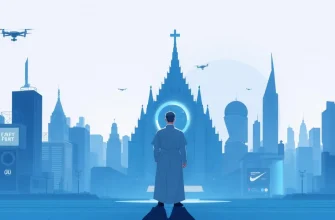This curated list of sci-fi films delves into the complex and often controversial theme of religious fanaticism. These movies explore how faith, when taken to extremes, can lead to dystopian societies, conflicts, and personal crises. They offer a unique perspective on the intersection of science, technology, and religion, providing not only entertainment but also a thought-provoking commentary on the potential dangers of dogmatic beliefs in futuristic settings.

A Clockwork Orange (1971)
Description: While not explicitly about religious fanatics, the film explores themes of control, free will, and the manipulation of individuals through a quasi-religious reformation process.
Fact: Stanley Kubrick withdrew the film from UK cinemas due to copycat violence, and it was only re-released after his death.
 Watch Now
Watch Now 
The Omega Man (1971)
Description: In this adaptation of Richard Matheson's "I Am Legend," the last man on Earth battles a cult-like group called "The Family," who are religious zealots mutated by a plague, viewing him as an abomination.
Fact: This film was the second adaptation of Matheson's novel, following "The Last Man on Earth" and preceding "I Am Legend."
 Watch Now
Watch Now 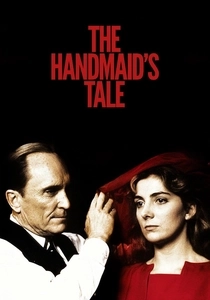
The Handmaid's Tale (1990)
Description: This film adaptation of Margaret Atwood's novel portrays a dystopian society where religious zealots have taken control, enforcing strict religious laws on women, particularly focusing on the oppression of fertile women known as Handmaids.
Fact: The film was released before the critically acclaimed TV series, and it received mixed reviews for its adaptation of the novel.
 Watch Now
Watch Now 
The Matrix (1999)
Description: The Matrix series delves into themes of control, reality, and the manipulation of belief systems, with the Architect and the Oracle representing a form of religious authority.
Fact: The film's concept of the Matrix was influenced by philosophical ideas like Plato's Allegory of the Cave.
 Watch Now
Watch Now 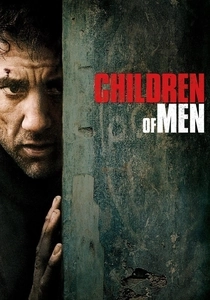
Children of Men (2006)
Description: In a world where humans can no longer reproduce, a religious cult emerges, believing that their leader is the key to humanity's salvation, showcasing the desperation and fanaticism that can arise from crisis.
Fact: The film features several long, uninterrupted shots, including a famous 6-minute scene.
 Watch Now
Watch Now 
Equilibrium (2002)
Description: In a future where emotions are outlawed to prevent war, a religious-like devotion to the state and its leader, Father, is enforced. The film explores the consequences of this extreme form of control.
Fact: The film was heavily influenced by films like "Fahrenheit 451" and "1984," blending elements of dystopian control with religious fanaticism.
 Watch Now
Watch Now 
V for Vendetta (2005)
Description: In a fascist Britain, a totalitarian regime uses religion as a tool for control, with the Norsefire party enforcing a strict moral code based on their interpretation of Christianity.
Fact: The film was adapted from a graphic novel by Alan Moore, who famously disowned the movie adaptation.
 Watch Now
Watch Now 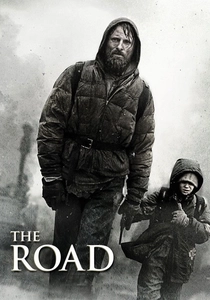
The Road (2009)
Description: While primarily a post-apocalyptic survival story, the film touches on themes of faith and fanaticism through encounters with various groups, including cannibals who justify their actions through a twisted religious belief.
Fact: The film was shot in a way to mimic the bleakness of the book, with a lot of natural lighting and muted colors.
 Watch Now
Watch Now 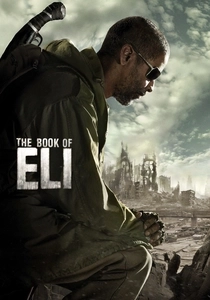
The Book of Eli (2010)
Description: In a post-apocalyptic world, Eli, a lone wanderer, carries a book that could save humanity, pursued by a town's leader who wants to use it to control and manipulate the population through religious fervor.
Fact: The film was shot in New Mexico, and the book Eli carries is actually a Braille Bible.
 Watch Now
Watch Now 
The Adjustment Bureau (2011)
Description: This film explores the idea of fate and free will, with a mysterious group known as "The Adjustment Bureau" acting as divine-like entities controlling human lives.
Fact: The film was inspired by a Philip K. Dick short story, blending elements of sci-fi with philosophical questions about destiny.
 Watch Now
Watch Now 


